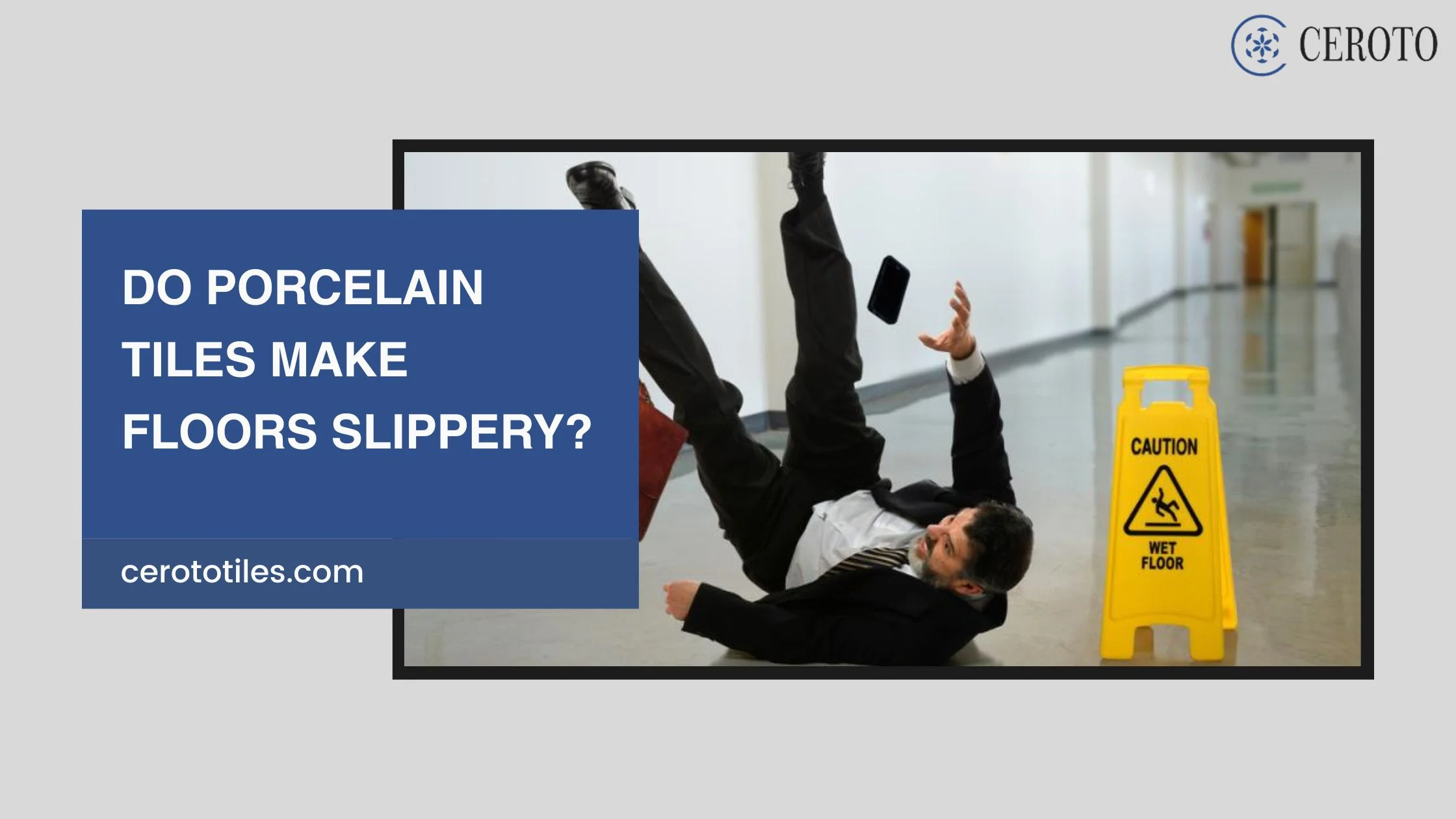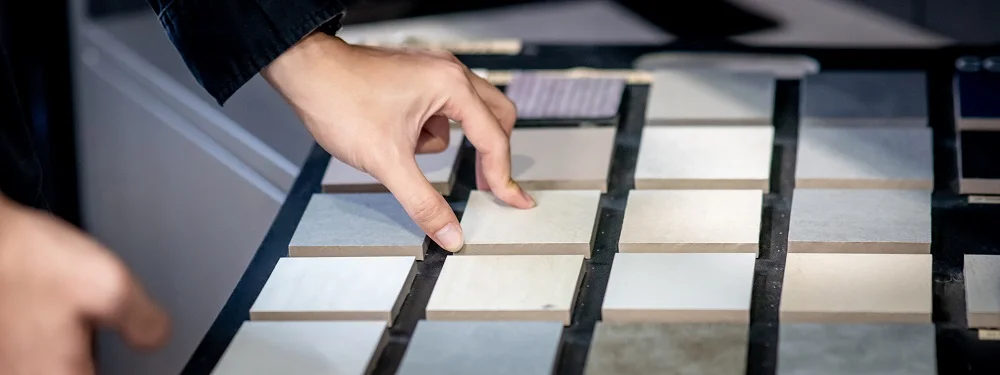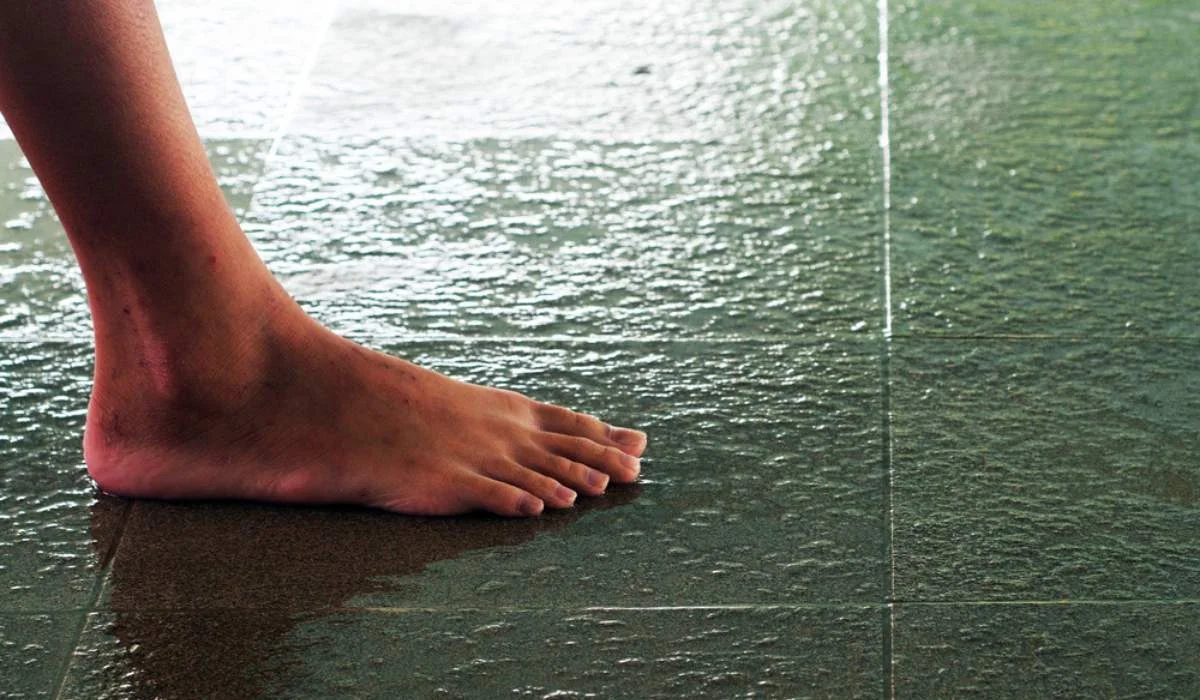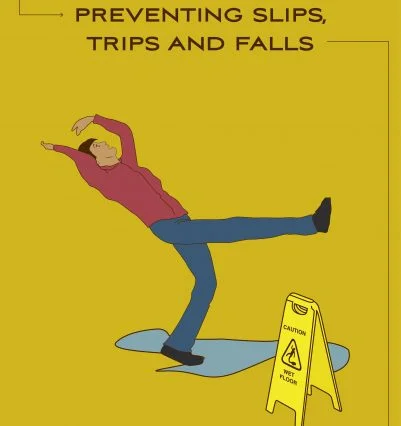
Do Porcelain Tiles Make Floors Slippery?
You just spent a small fortune redoing your bathroom with those sleek, shiny porcelain tiles. They look amazing! But now you’re worried. Aren’t porcelain tiles super slippery, especially when wet? Are you going to be falling on your behind every time you step out of the shower? Relax, friend. Porcelain tile floors can be slippery when wet if not properly treated, but they don’t have to be accident zones waiting to happen. We’ll break down the slip factor on porcelain tile and show you how to get the look you want without the wipeouts.
Understanding the Slip Resistance of Porcelain Tiles
Porcelain tiles are known for their durability and water resistance, but are porcelain tiles slippery? The short answer is: it depends. Porcelain tiles can be quite slip-resistant if you choose a tile with a textured finish and proper surface.
Textured Finishes
Porcelain tiles with textured finishes, like matte or satin, provide more traction underfoot than a high-gloss finish. The subtle texture gives shoes something to grip onto. Matte or satin finishes are good options for high-traffic, wet areas like bathrooms, kitchens, and entryways.
Surface Ratings
In addition to the finish, check the tile’s coefficient of friction or “COF” rating which measures how much traction it provides. A rating of 0.60 or higher is considered slip-resistant for most residential applications. For commercial use or wet areas, look for a 0.70 or higher.
Other Considerations
The grout used and method of installation also impact slip resistance. Epoxy grout and mortar provide a stronger bond than regular cementitious grout and are less likely to become uneven over time. Proper installation with minimal lippage (differences in tile height) also prevents tripping hazards.
Porcelain tile can absolutely be used in areas where slip resistance is a concern. By choosing a tile with a textured finish, proper surface rating, high-quality installation, and premium grout, you’ll end up with a floor that’s durable, water-resistant and most importantly, safe underfoot. With the right choices, porcelain tile floors don’t have to be slippery at all.
Factors That Impact Slipperiness of Porcelain Floors
Porcelain tile floors can definitely be slippery, especially when wet. Several factors determine how much traction porcelain tiles provide.
Surface Texture
A tile's surface texture plays a big role in slip resistance. Porcelain tiles with more texture, like a matte or stone finish, provide more grip than a high-gloss, polished surface. Textured tiles have microscopic pores and imperfections that give shoes something to grip onto. High-gloss tiles may look shiny and elegant, but they become dangerously slick when wet.
Tile Size
Larger tiles, especially tiles over 12 inches square, tend to be slipperier than smaller tiles. With fewer grout lines, there are fewer channels for water to drain into and fewer edges to catch your shoe. Mosaics made of tiny tiles provide the most traction.
Water Absorption
How well a tile absorbs and retains water also impacts slipperiness. More porous tiles absorb water, keeping floors drier. Denser porcelain tiles repel water, leaving puddles on the surface. Unglazed porcelain tiles tend to be more porous and absorbent than polished glazed tiles.
Sealers and Finishes
Any sealers or finishes applied to porcelain tiles can affect slip resistance. Penetrating sealers soak into the tile, while surface sealers and waxes create a slick coat on top. Unsealed porcelain provides the most grip. Floor finishes labeled “slip-resistant” or “Antiskid” help, but wear off over time with foot traffic and cleaning.
With the right tile choice and proper safety precautions like using Antiskid mats and promptly cleaning up spills, porcelain floors don’t have to be perilous. Pay attention to these factors, and you’ll enjoy a beautiful porcelain floor that’s also safe underfoot.
Avoiding Slips and Falls on Porcelain Tile Floors
Porcelain tile floors may seem slippery, but with a few precautions you can avoid dangerous slips and falls. The glazed, polished surface of porcelain tiles can be deceivingly slick, especially when wet. However, porcelain tile actually has a high coefficient of friction, meaning it’s less slippery than other flooring types when dry.
The key is to give your porcelain tile floors extra traction. Place non-slip pads, rugs, or abrasive strips on entryways where rain and snow may be tracked in. Rubber-backed rugs and mats also provide grip for bare feet in bathrooms and kitchens. When choosing a sealant or wax for your porcelain tiles, select a product specifically for non-slip protection.
Wipe up spills immediately to prevent slipping. Porcelain tile itself is water-resistant, but liquids on the surface reduce traction. Keep a mop, towels, and a non-toxic floor cleaner handy for quick cleanup of splashes and spills.
Wear proper footwear. High heels, slippery-soled shoes, and socks or bare feet don’t provide the friction needed for safe walking on porcelain tiles. Rubber-soled shoes with textured treads offer the best grip. Consider keeping a pair of slip-resistant slippers or sandals near entryways.
Consider re-grouting porous or damaged grout lines. Grout provides texture that helps prevent slips and falls. Re-grouting or applying an epoxy grout sealer restores that texture and fills in gaps where moisture could collect.
With safety precautions and proper maintenance, porcelain tile floors can be both stylish and slip-resistant. Keeping your floors clean and dry, wearing appropriate shoes, adding rugs and mats, and sealing grout lines will help ensure your porcelain tile floors are as grippy as they are gorgeous.
Conclusion
So there you have it - porcelain tiles aren't actually slippery on their own. Sure, they can get slick when wet or contaminated with stuff like dust, dirt, or oils. But with proper cleaning and maintenance, porcelain offers a durable, attractive flooring option that's less prone to slipperiness than materials like marble or granite. Just be smart about sealing and caring for your tiles. Consider slip-resistant treatments if they're going in high-traffic areas prone to moisture. And don't walk on them in your socks! With reasonable precautions, porcelain tiles can make an elegant, low-maintenance flooring choice.




